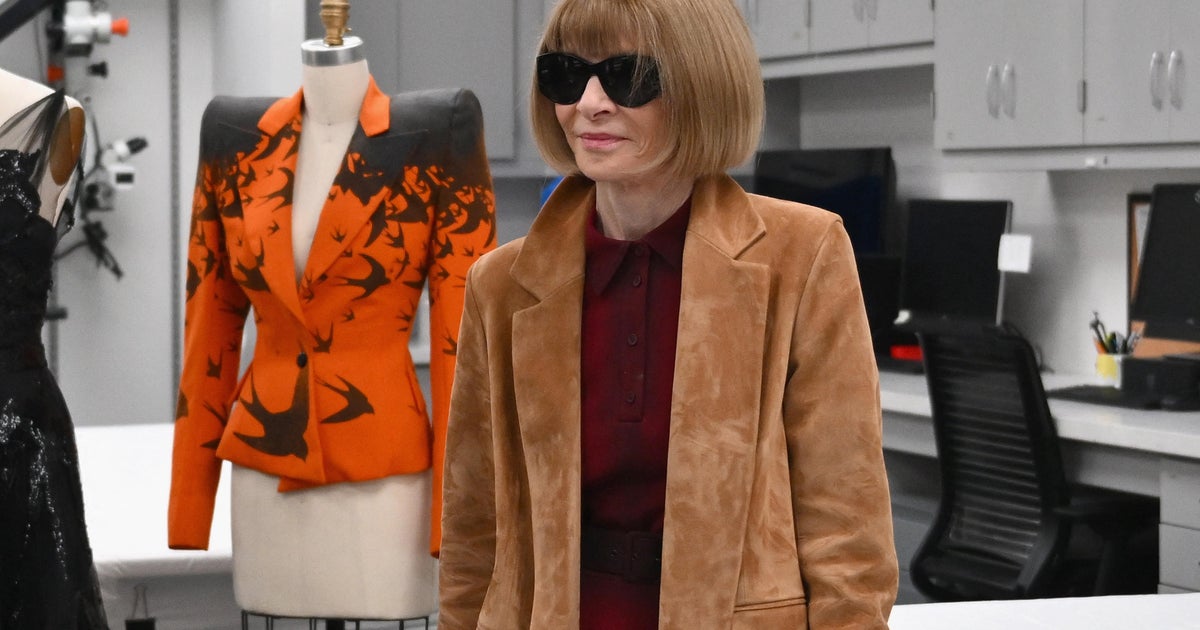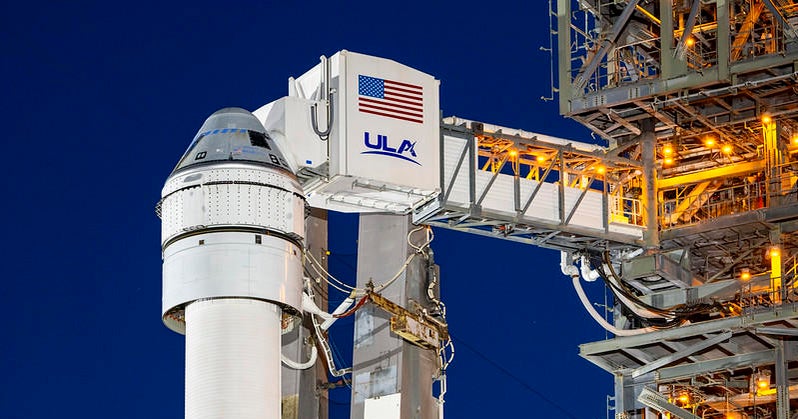Here's how much the hunt for parking really costs
Parking, as most drivers will be able to confirm, is a pain -- and a first-of-its-kind study quantifies exactly how much: $73 billion.
That's how much money Americans waste every year searching for parking, according to INRIX, a traffic data company.
We waste it by circling the block, burning all that gasoline, waiting for a space to open, and by overpaying for a spot that we use for only a short time period, not to mention traffic tickets for illegal u-turns made in a desperate dash to get the last spot in blocks before anyone else does.
But the costs vary considerably among cities, and in a revelation that will surprise no one, New York tops the list. The unfortunate drivers of this city spend an average 107 hours per year -- that's four-and-a-half days -- searching for parking. Los Angeles is a distant second, with an average of 85 hours.
The time spent searching cost New York $4.3 billion in wasted time citywide, or an average of $2,243 per driver per year. (Angelenos, however, spend more time sitting in traffic jams, which is like being parked very far away from your destination.)
So why do we do it? It's not because of a lack of parking space. In fact, the U.S. devotes more space to parking than for many other uses.
"When you add up the entire area dedicated to parking in the U.S., it equals the size of the state of New Jersey," said Sam Schwartz, an engineer and former New York City traffic commissioner.
But in many cities -- New York included -- the cost of parking is either outrageously expensive or ridiculously cheap, with $30-an-hour garages sitting next to free or nearly free street parking.
Of course, drivers pay for the "free" parking with their time, as the hope of finding a space leads them on an endless search (and the occasional spat). The rest of us pay for this increased traffic with elevated health care costs and increased frustration.
"When there is a curbside parking and it's pretty filled up, one of the impacts is it leads those drivers seeking parking to keep driving around and around and around," Schwartz said. "Anyone wanting to make a delivery or dropping someone off has to double-park. We see at times even triple-parking, which is not unusual in New York City."
Studies have shown that underpriced parking leads to congestion, and requirements for new projects like malls or apartment buildings to include large amounts of parking pushes up the costs of the surrounding real estate and further encourages car ownership.
But some cities are slowly responding. In Washington, D.C., where an estimated 25 percent to 30 percent of congestion results from drivers circling for spaces, the city is boosting prices for on-street parking and considering charging for parking near transit hubs to shore up the Metro's finances.
San Francisco, Sacramento, Seattle and some communities in the Los Angeles area have also changed what they charge for parking, with positive results: Congestion, and greenhouse emissions, have gone down.



